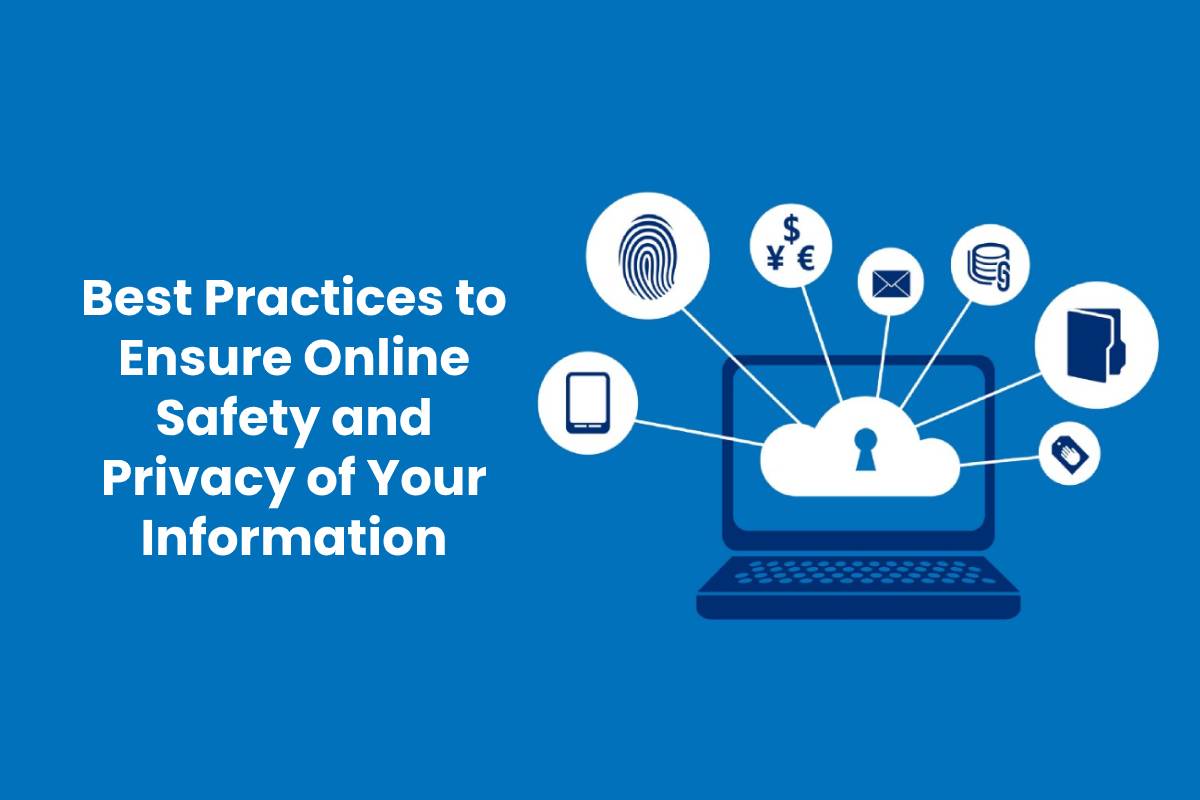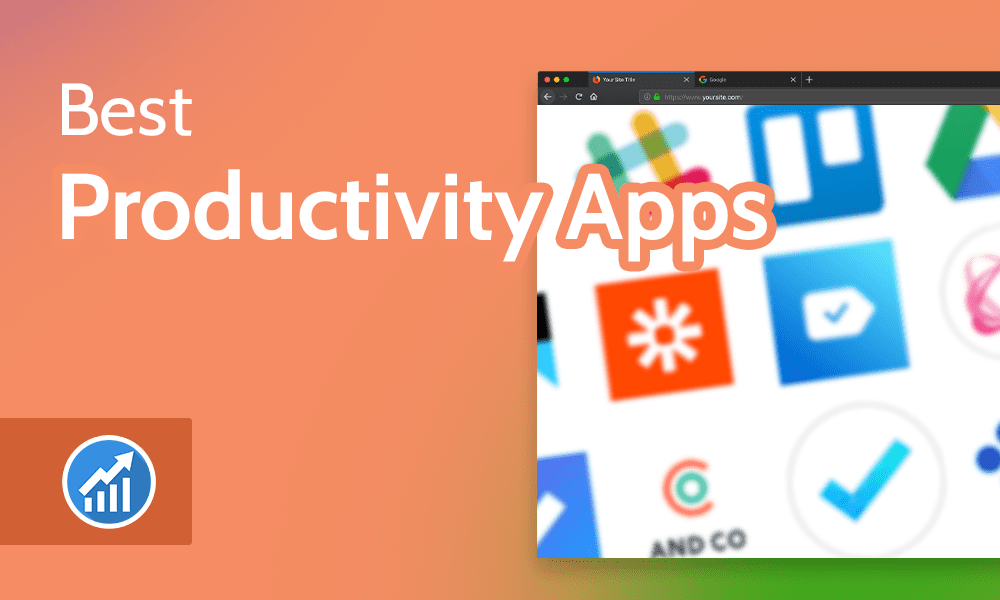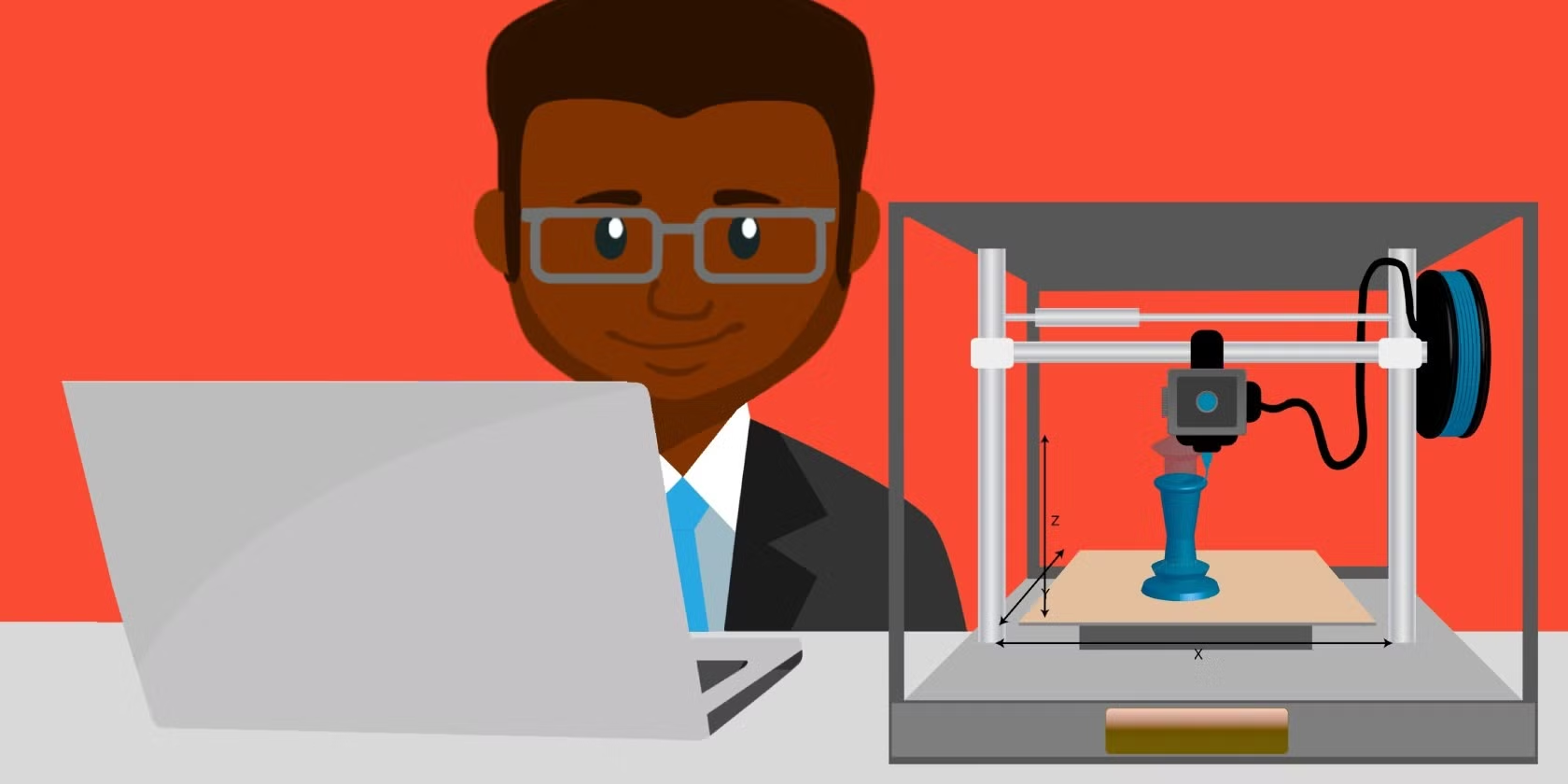
Maintaining online privacy is increasingly important in today’s interconnected world, where personal information is frequently collected, shared, and often misused. Protecting your privacy online can help you safeguard your data from hackers, advertisers, and other third parties. Below are key best practices to help you maintain privacy and control over your personal information while navigating the digital landscape.
1. Use Strong, Unique Passwords
- Why It’s Important: Passwords are the primary means of protecting your accounts. Weak or reused passwords make it easier for attackers to gain access to your accounts.
- Best Practice:
- Use long, complex passwords that combine letters (upper and lower case), numbers, and special characters.
- Avoid using the same password for multiple accounts. If one account is compromised, others could be vulnerable.
- Consider using a password manager (e.g., LastPass, 1Password, Bitwarden) to generate and securely store complex passwords.
- Enable Two-Factor Authentication (2FA) wherever possible for an extra layer of security.
2. Encrypt Your Communications
- Why It’s Important: Encryption ensures that your data is secure while being transmitted, making it unreadable to anyone who intercepts it.
- Best Practice:
- Use encrypted messaging services like Signal or WhatsApp for private communications. These apps use end-to-end encryption, ensuring that only you and the recipient can read the messages.
- For emails, use encryption tools like ProtonMail or Tutanota that offer built-in encryption. Alternatively, you can use plugins like PGP (Pretty Good Privacy) to encrypt emails.
3. Regularly Review Privacy Settings
- Why It’s Important: Many online platforms collect and share data by default. Ensuring your privacy settings are configured to minimize this sharing can protect your information.
- Best Practice:
- On social media platforms (e.g., Facebook, Instagram, Twitter), set your profile and posts to private or restricted visibility.
- Turn off location tracking unless necessary. Disable location sharing for apps that don’t need it.
- Review and limit app permissions on your phone and other devices (e.g., camera, microphone, contacts). Only grant access to necessary permissions.
- Disable third-party cookies and tracking scripts in your browser, or use a privacy-focused browser like Brave or Firefox with privacy-enhancing extensions (e.g., uBlock Origin, Privacy Badger).
4. Use a Virtual Private Network (VPN)
- Why It’s Important: A VPN encrypts your internet traffic and masks your IP address, which helps protect your online activities from being monitored by hackers, advertisers, or even your internet service provider (ISP).
- Best Practice:
- Use a trustworthy VPN service (e.g., NordVPN, ExpressVPN, ProtonVPN) to anonymize your browsing and protect your connection, especially on public Wi-Fi networks.
- Choose a VPN that doesn’t log your activity, ensuring that your personal data is not stored or shared.
- Make sure to enable DNS leak protection and kill switch features, which prevent your real IP address from being exposed if the VPN connection drops.
5. Be Mindful of What You Share
- Why It’s Important: Over-sharing personal information can expose you to risks, including identity theft, scams, and unwanted marketing.
- Best Practice:
- Avoid sharing sensitive personal information (e.g., full name, address, phone number, financial details) publicly online.
- Be cautious about the amount of personal data you disclose on social media, e-commerce websites, and public forums.
- Always read privacy policies to understand what information websites and apps collect, how they use it, and with whom they share it.
6. Use Privacy-Focused Search Engines
- Why It’s Important: Major search engines like Google track your search history and behavior, building profiles to serve targeted ads. Privacy-focused search engines do not track or store your searches.
- Best Practice:
- Switch to search engines like DuckDuckGo, Startpage, or Qwant, which don’t track your searches or create personal data profiles.
7. Avoid Public Wi-Fi for Sensitive Activities
- Why It’s Important: Public Wi-Fi networks (like those in cafes, airports, or hotels) are often insecure, making it easy for cybercriminals to intercept your data.
- Best Practice:
- Avoid accessing sensitive information (e.g., online banking or shopping) over public Wi-Fi.
- If you must use public Wi-Fi, ensure your VPN is active, which encrypts your data and protects your privacy on these networks.
8. Keep Software and Devices Updated
- Why It’s Important: Outdated software and devices can have security vulnerabilities that hackers can exploit to steal your data.
- Best Practice:
- Regularly update your operating system, apps, and software to patch any security flaws.
- Enable automatic updates for your devices to ensure you’re always running the latest, most secure versions.
9. Be Aware of Phishing Scams
- Why It’s Important: Phishing attacks often trick you into giving away personal information, like login credentials, credit card numbers, or other sensitive data.
- Best Practice:
- Be cautious when opening emails, messages, or phone calls from unfamiliar sources. Look for signs of phishing, such as suspicious links, grammatical errors, or requests for personal information.
- Always verify the source before clicking on links or downloading attachments, especially if the message seems urgent or too good to be true.
- Use email services with built-in spam protection (e.g., Gmail) and ensure that your email is secured with 2FA.
10. Secure Your Devices with Encryption
- Why It’s Important: Encrypting your devices ensures that if your phone, tablet, or laptop is lost or stolen, your personal data remains secure.
- Best Practice:
- Enable full disk encryption on your devices. Both Windows (BitLocker) and macOS (FileVault) offer built-in encryption tools.
- Use strong passwords, PINs, or biometric security (fingerprint, facial recognition) to lock your devices.
- On mobile devices, ensure that Find My Device (for iOS or Android) is enabled so that you can remotely lock or erase your data if the device is lost or stolen.
11. Avoid Tracking by Advertisers
- Why It’s Important: Advertisers use tracking technologies to monitor your online behavior and serve targeted ads, often without your consent.
- Best Practice:
- Use ad-blockers (e.g., uBlock Origin) to block tracking scripts and intrusive ads.
- Enable Do Not Track features in your browser to send a signal to websites not to track your activities (though many sites ignore this setting).
- Consider using a privacy-focused browser like Brave, which blocks ads and trackers by default.
12. Delete Accounts You No Longer Use
- Why It’s Important: Dormant accounts are often overlooked but can be a source of potential data breaches and privacy risks.
- Best Practice:
- If you no longer use a service or social media account, delete it. Deleting accounts removes your personal data from their systems, reducing the chances of misuse.
- Use tools like JustDelete.me to quickly find and delete old accounts.
Conclusion
Online privacy is not a one-time task, but an ongoing process of vigilance and proactive steps. By following these best practices—using strong passwords, utilizing encryption, employing a VPN, monitoring what you share, and staying aware of online threats—you can significantly enhance your online privacy and reduce the risk of data breaches, identity theft, and unwanted surveillance.
Adopting a privacy-first mindset is essential for safeguarding your personal information and enjoying a secure online experience.




